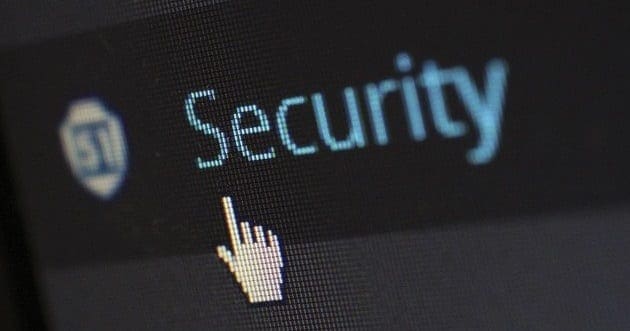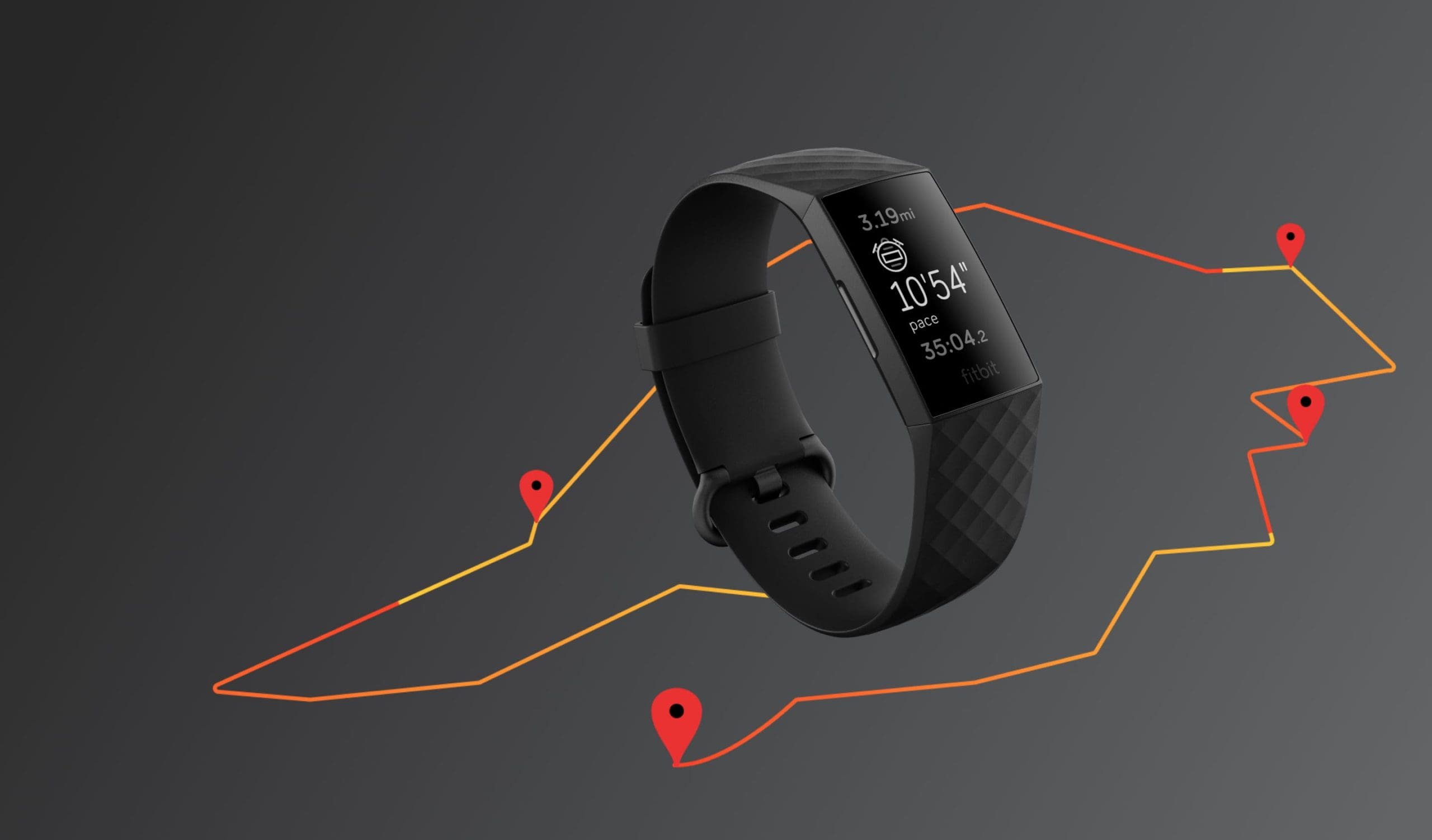Quantum cryptography refers to cryptographic systems that rely on quantum mechanical effects and properties to perform cryptographic tasks. This is in contrast to classical cryptography used on modern computers. A fundamental requirement of quantum cryptography is the use of a quantum computer; it cannot be performed using a standard computer.
QKD
The main field in quantum cryptography is QKD. QKD stands for Quantum Key Distribution. Rather than using a fully quantum encryption process, QKD uses quantum effects to distribute a classical encryption key securely. This means that only a proven secure quantum communication system needs to be developed rather than much more complex quantum algorithms. It also reduces the physical requirements; technically, only a quantum network card would be required on a normal computer rather than an entire quantum computer.
Quantum mechanics reasonably lends itself to developing secure quantum communication systems. There are ways to communicate with quantum communication channels that an unauthorized third party cannot monitor without that intrusion being detectable.
The security of a quantum communication channel can also be reduced to a few highly minimal requirements. One such condition is for the two legitimate parties to have some way to authenticate with each other. Another requirement is simply that the laws of quantum mechanics apply.
The main issue for QKD comes from the difficulty of transmitting quantum information over significant distances. Current research allows for suitable key agreement rates over optical fibers as long as 550km. Beyond this distance, quantum repeaters are needed to ensure the signal is not lost in the noise. Additionally, routing quantum communications over a quantum Internet would be challenging. Current test systems tend to be point-to-point.
Other Fields of Research
Quantum effects can be utilized in the field of mistrustful quantum computing. Here, two parties can cooperate without trusting each other. The quantum system can be designed so that both parties can prove that the other was cheating. These methods, however, also rely on non-quantum effects such as special relativity.
Research is ongoing in other fields, such as requiring a recipient to be in a specific physical location even if two adversaries collude. Other schemes attempt to force even actively dishonest recipients to need to be honest by implementing overwhelming system requirements for the ability to be fraudulent. Much of this type of work has shown weaknesses in the current quantum implementations but has left the door open for future research in a very young field.
Quantum communication requires several things to be truly secure. Firstly, optical transmissions need to be capable of sending single photons. Current systems tend to use lasers that send multiple photons. Theoretically, an adversary could intercept one of many photons without leaving a trace. There is promising research in the development of single photon sources, though.
Secondly, photon detectors suffer from manufacturing tolerance-based differences, which open a window for an eavesdropper to inject themselves into the communication stream without being detected. This issue is impossible to resolve fully without infinitely tight tolerances, an infeasible requirement.
Conclusion
Quantum cryptography refers to cryptography that makes use of quantum mechanical effects. The current primary field is Quantum Key Distribution which uses quantum communication methods to transmit classical encryption keys. Quantum cryptography should not be confused with post-quantum cryptography.



